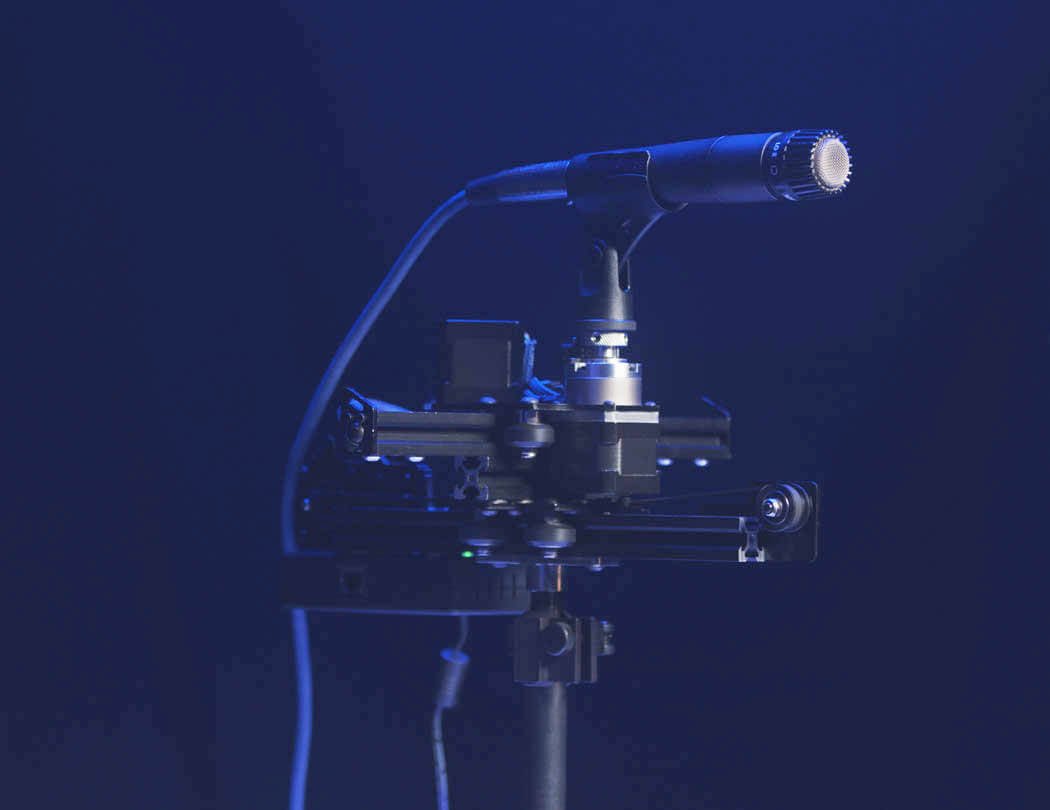How To Record Guitar Using A Dynamount X2-R | Mic Placement
If you're in pursuit of that perfect guitar sound, the Dynamount X2-R is your secret weapon. This innovative device, used by professionals, will elevate your guitar recordings to a whole new level. In this blog post, we'll delve into the art of microphone placement, a crucial element in shaping your guitar's tone. Stay tuned for more invaluable recording tips from Starsound Studios!
When it comes to recording guitars, nothing is more crucial than microphone placement. With the Dynamount X2-R, you have the power to sit comfortably in your mix position and adjust the microphone's position on the cabinet in the other room, all through a simple Wi-Fi connection. This unique feature allows you to fine-tune your guitar's tone while the song is playing, effortlessly creating the album sound you desire without the need for extensive mixdown.
The Dynamount X2-R is a game-changer in guitar recording, offering unparalleled versatility in capturing different guitar tones. It can be moved from the speaker's middle to the speaker's outside edge, allowing you to experiment and capture every nuance of your guitar's sound. At Starsound Studios, we've developed a multi-step approach to harnessing this versatility for recording guitars:
Achieve the tone you want out of the amplifier in the room.
Set the headphone level you want to record with.
Use a meter to determine the incoming signal level. We consistently record at -18dB, which is analog 0 on a VU meter. Most interface settings follow this standard.
Sit in the sweet spot of your control room and evaluate the guitar tone from the near-field control room speakers.
Rest assured, the Dynamount X2-R is your key to achieving the perfect guitar tone. Use it to move the microphone along the guitar cabinet until you reach your desired tone. This tone will be the one you hear on your recording, ensuring your confidence in the final product.Use the EQ and compression on your guitar's channel to dial the guitar tone you wish to achieve further.
At this point, do a test recording with the rest of the band. Then, further evaluate the guitar tone. Make sure it does not interfere with other instrument tones in the song.
Adjust if necessary with the Dynamount X2-R and repeat the test recording. Do this step until you have the sound you want, individually and with the band.
A link to buy - https://dynamount.com/shop/x2-r/?af=starsound
So there you have it! If you want great guitar tones, experiment with different microphone placements to find what sounds best for your guitar recordings. Thanks for reading, and happy recording!

